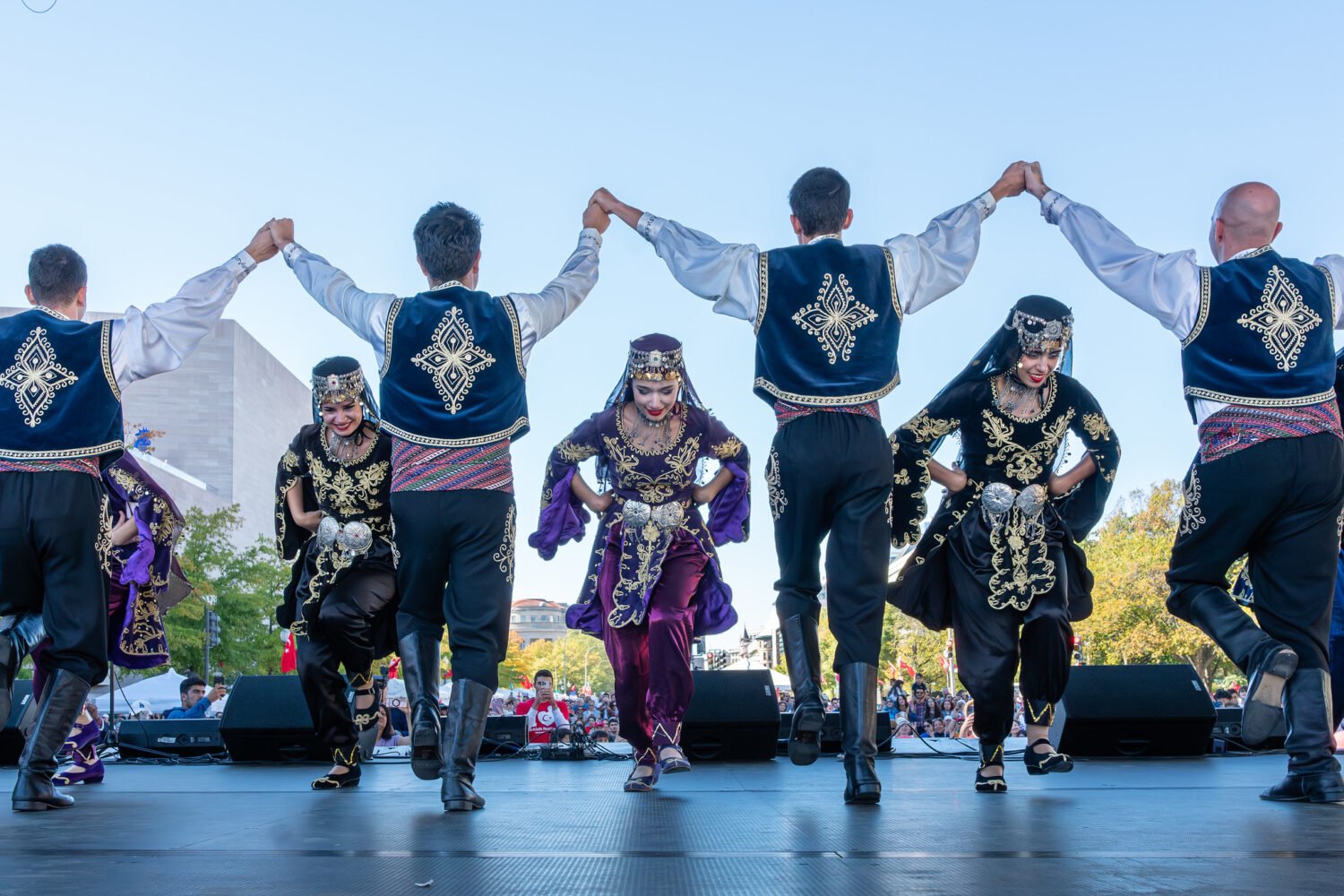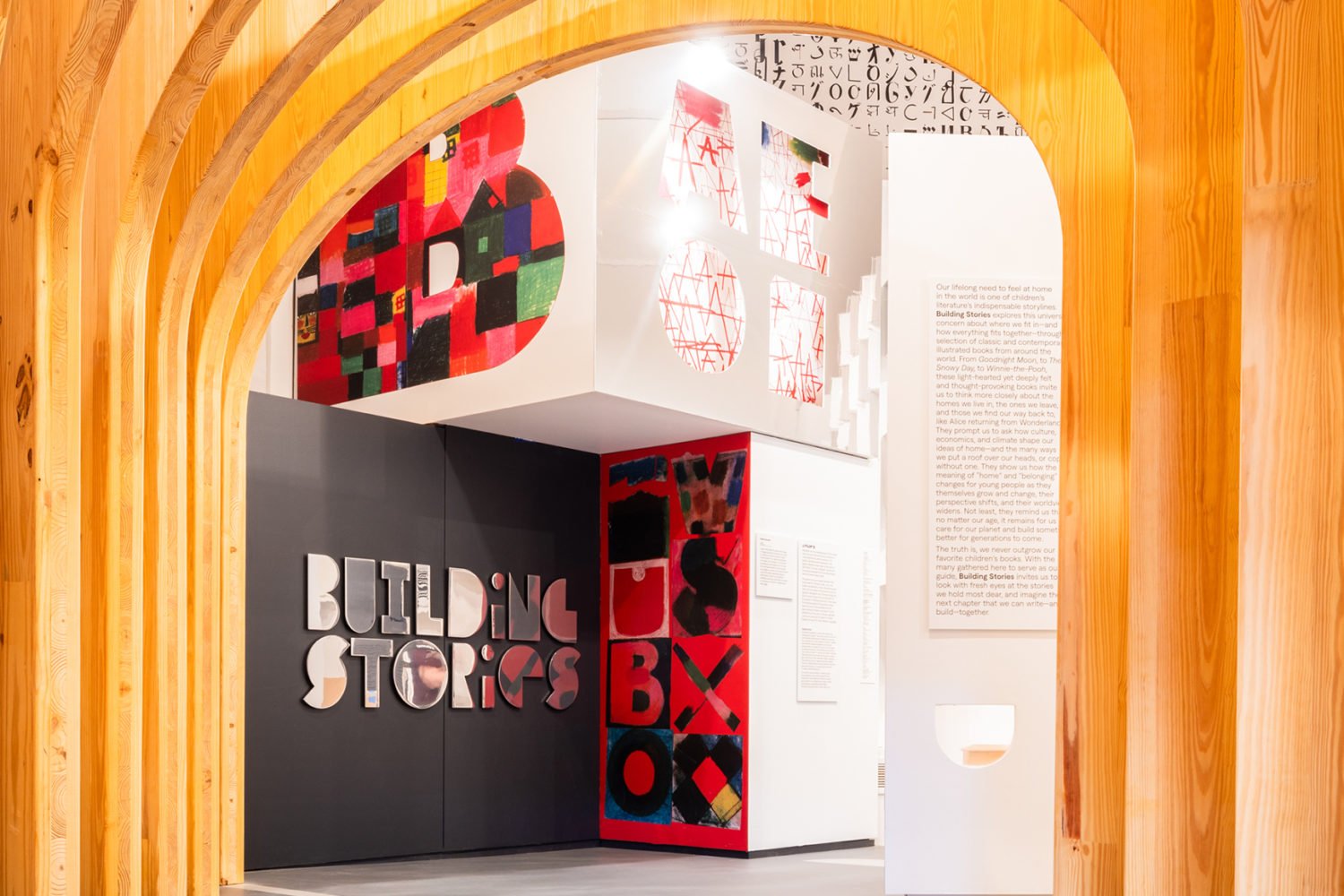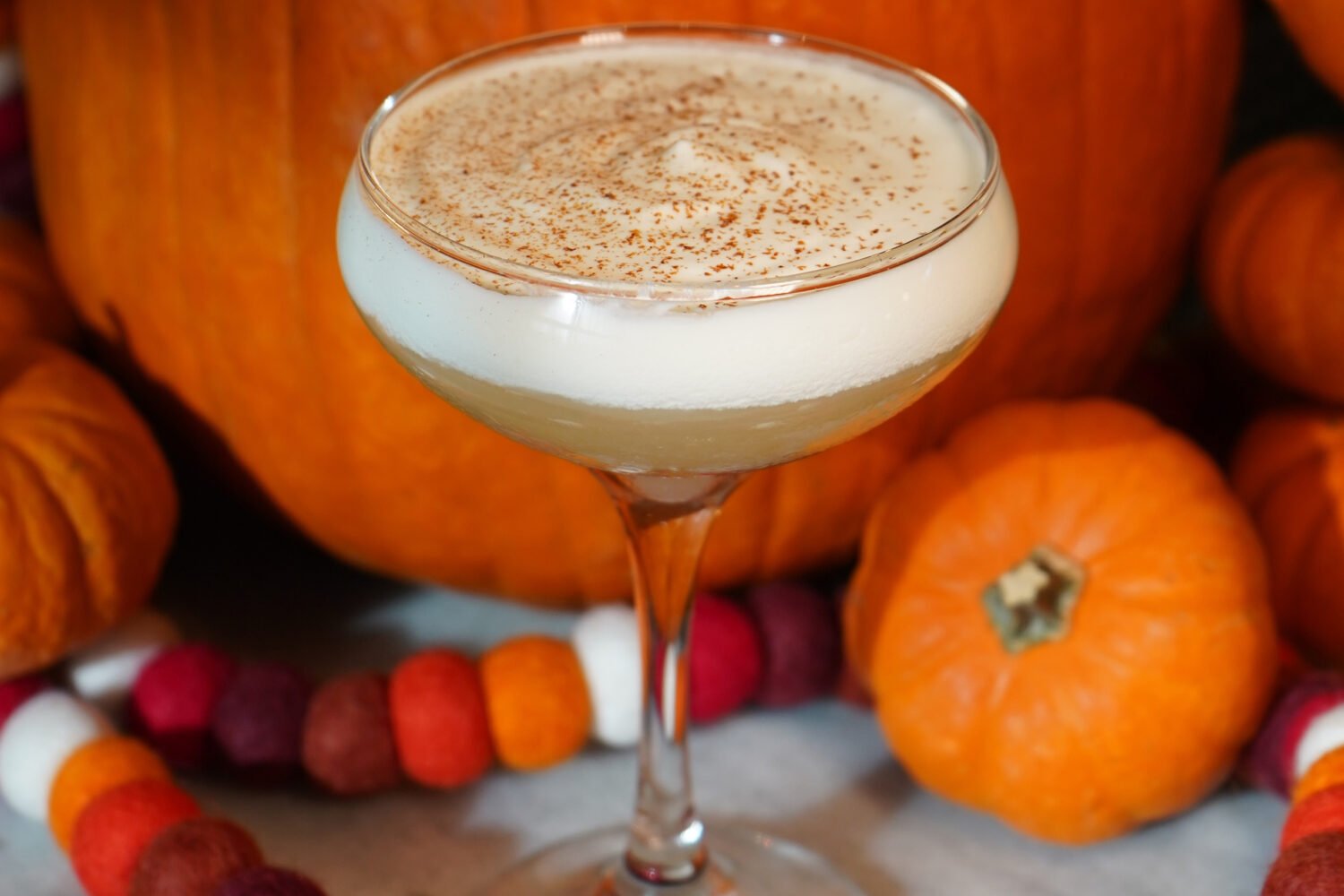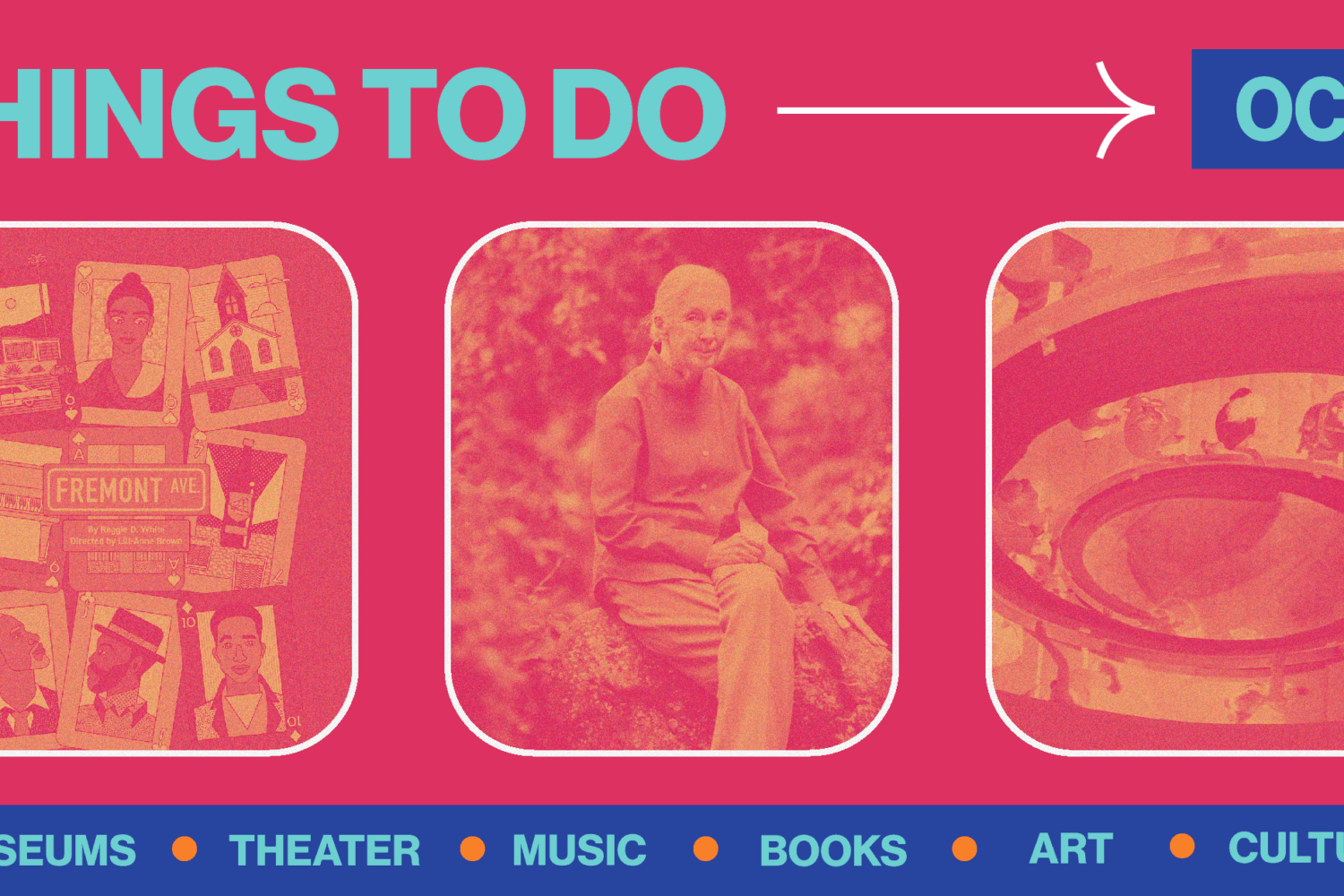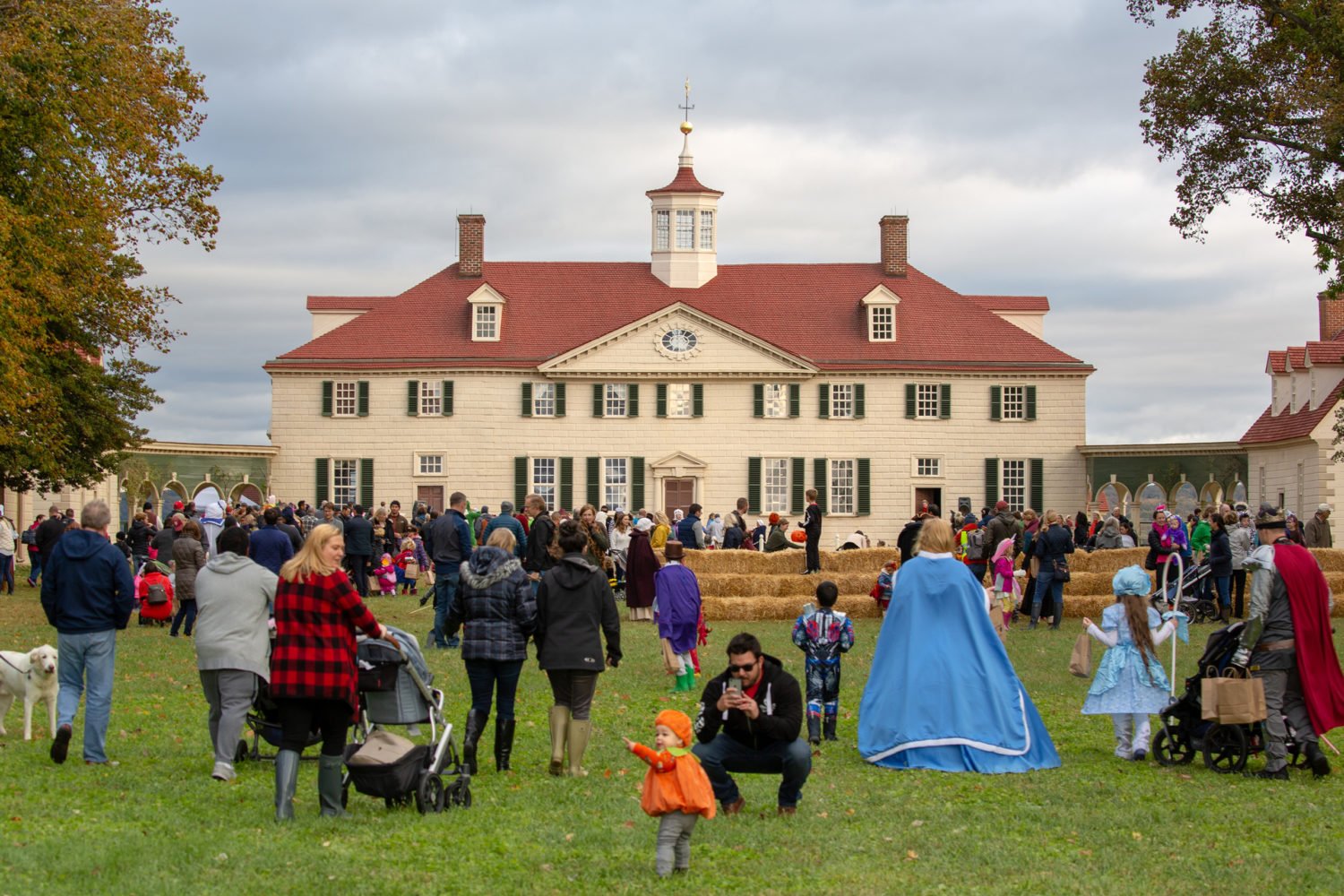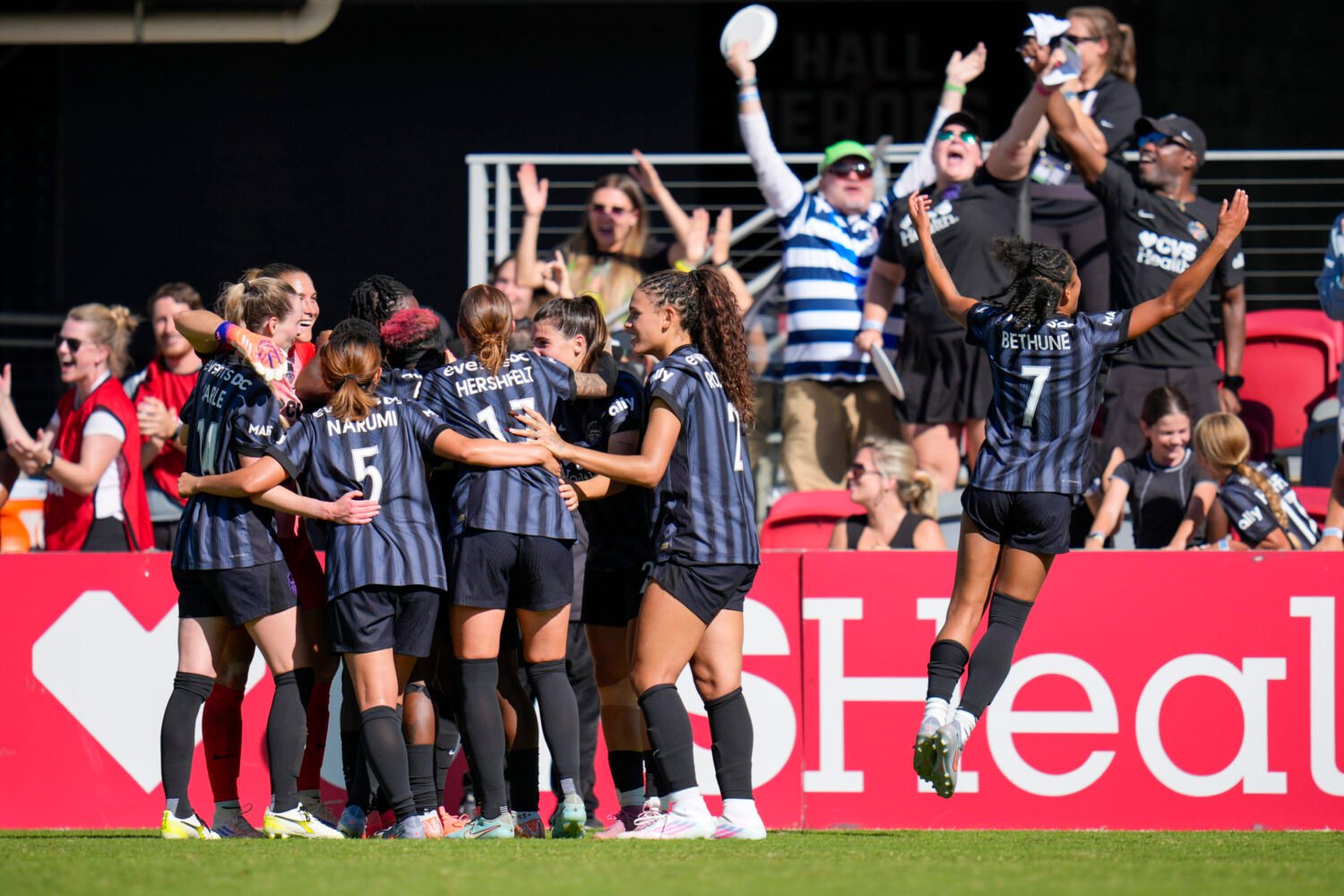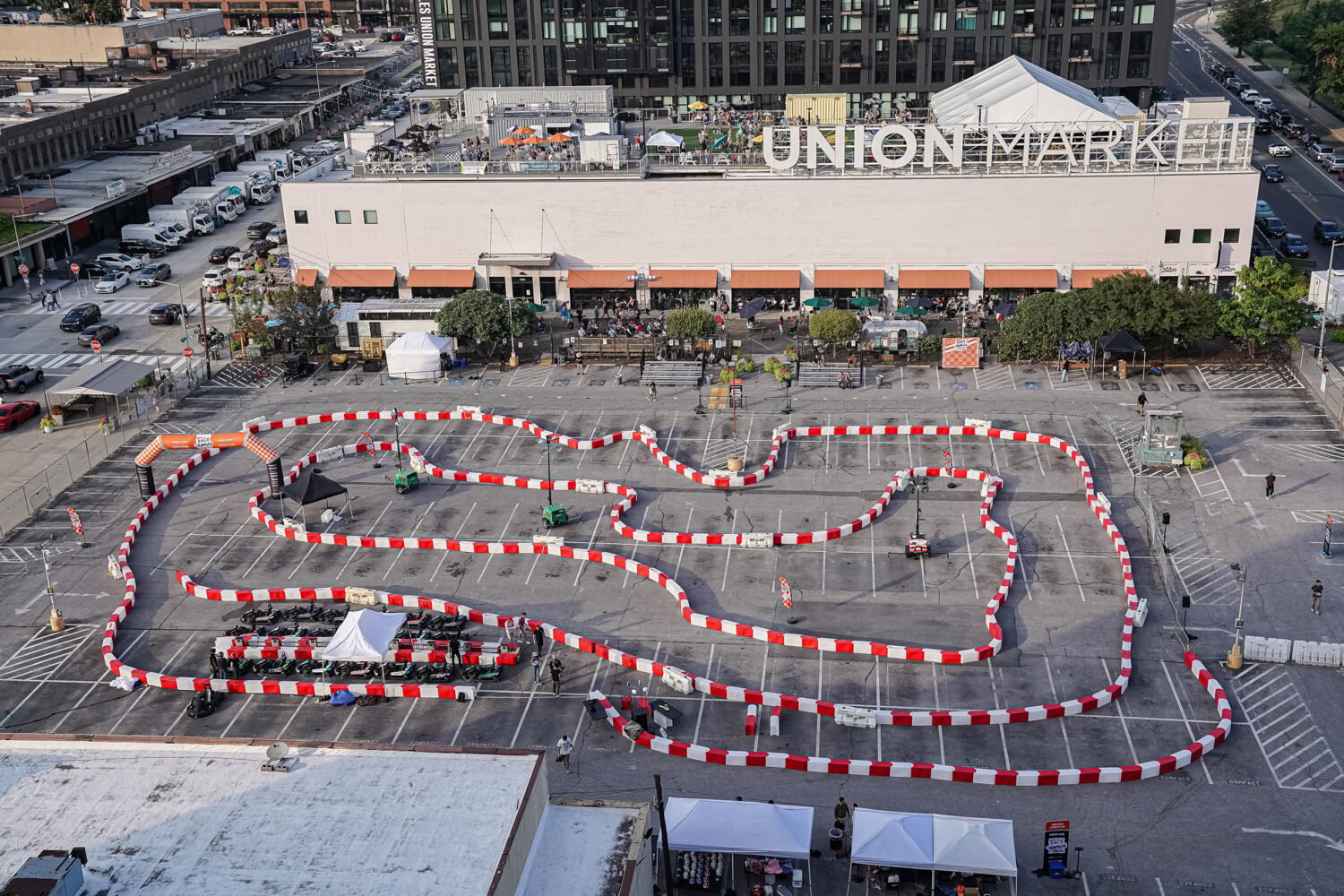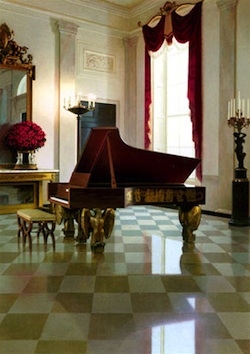
Before television and the Internet, the performance of live music, for dancing and for listening in homes, was an important form of entertainment. With music education on the decline, fewer and fewer people have put in the time and study to be able to perform music for themselves. Mostly gone are the consorts of house instruments for families to play chamber music, and even the piano that used to sit in the salon or living room of most homes has largely disappeared. Being able to play music, to whatever level of achievement, is the best way to appreciate it, and one of the factors generally cited, rightly or wrongly, for the decline of audiences for classical music is the increasing number of people who have little to no musical literacy learned in their younger years.
Even in a high-powered city like Washington, however, there are many people devoted to the art of amateur music-making, not meant for the recital hall or a career in the public eye. The former Secretary of State, Condoleeza Rice, is perhaps the most famous example. Christopher Shih, a gastroenterologist with a practice in Ellicott City, won this year’s International Piano Competition for Outstanding Amateurs, a contest for amateur pianists sponsored by the Van Cliburn Foundation in Texas. An entire group of such musicians is the Piano Society of Greater Washington. Its members are not always amateurs, as some have careers in music, either as teachers or performers, and they sponsor five recitals a year featuring members and guest performers, at a church in Silver Spring (as well as other performances, on request from and in cooperation with organizations in other locations). All of these performances are free, but the organization relies on donations, from supporters and the members themselves, to survive.
The oldest organization sponsoring amateur musical performances in the city, the Friday Morning Music Club, recently had to leave its home in the Charles Sumner School Museum. As Washington Post music critic Anne Midgette noted the reasons are mostly related to losses in public funding, to the Sumner Museum and other institutions.
Felicia Weiss, who belongs to both of these organizations, has played the piano since she was nine years old. When she began her undergraduate studies, in math, she chose a university that had a strong music program and continued to study the piano privately. How does she balance a life and career, as an IT business analyst at the World Bank, with her love of music? “I have no idea, but somehow I make it work,” she told us recently, quoting television personality Tim Gunn. She admits that her work at the piano can become obsessive. “I usually practice about 14 hours a week (more if I can), take a weekly piano lesson, and have at least one weekly chamber music rehearsal. I have to be careful at work not to practice the piano on the table top during long meetings.”
She says that she seriously thought about being a professional musician but in the end decided against it. “I was concerned that the difficulties in making a living as a musician might take away from my enjoyment of playing, and I wasn’t sure I had the dedication and commitment to make it a career.” She always knew, however, that she wanted music to be a part of her life, which it obviously is. “Having a performance, even something informal, keeps me on track to practice consistently. It is a great way to clear my mind of work issues during the day, and I’ve met a lot of close friends through music, so part of my social life includes playing chamber music and getting together with pianist friends.”
Another member of the group is Robert C. Snyder, who recently retired as Chairman of Pathology at Holy Cross Hospital in Silver Spring. He has played the piano since the second grade and also studied piano privately as a college student. He now goes regularly to Philadelphia to have lessons with Susan Starr, who won a Silver Medal at the International Tchaikovsky Piano Competition. “I guess people always make time for what they really love, no matter how busy they are,” he told us. “Music has always been and always will be one of the most important things in my life. Susan Starr has been my greatest musical influence, and I’m grateful to have had the opportunity to observe her, work with her, and learn from her since 1968 when I first met her.” During his medical career, he says that he generally practiced a couple hours each day after work. “Hopefully, now that I am retired I will be able to spend more time practicing.”
Alice Stark-Garofano, a substitute teacher at Calvary Lutheran Church and School in Silver Spring, founded the Piano Society of Greater Washington in 2003, hosting the first meeting in her house. Since Stark-Garofano’s death, in 2008, Ellen Tenenbaum became a sort of lead organizer for the society, but all of the members are active in keeping the organization going and deciding what pieces are performed. “Works to be performed bubble up, as each member is working on a wide range of repertoire and at some point is confident that certain works are performance-ready,” she says of the process. “About six weeks before each concert we try to meet and perform pieces for each other, and decide by consensus what will be a solid, interesting program. Often one of the members brings in a guest artist or group to play a four-hand work or chamber work involving the piano, and these works add a lovely variety to the program.” Typically, three to five members perform at each concert, although they usually do not announce who will perform in advance. It is the experience, more than the individual personalities, that they want to be important.
During the concert, each performer is expected to give a brief introduction to the music he or she is going to play. Audience members reportedly enjoy these “live program notes,” only one of the personal touches at the group’s concerts. “These brief introductions are professional in content and at the same time convey a sense of wonder, imagination, and gratitude,” says Tenenbaum. The concerts always end with a reception, with food and drink provided by the members, even sometimes a dessert brought by regular listeners, during which the performers get to meet the audience. “No one feels lonely coming to a Piano Society concert,” adds Tenenbaum. “We like to greet each person and hand them a program.”
Tenenbaum, who went back to studying the piano ten years ago after being away from it, emphasizes that music is something that should be available to anyone with an interest in it. “You are not too old or too slow,” she insists. “Your hands are fine. With the right teacher and the selections that are right for you, you can play the pieces you love and play them musically.” She suggests that the adult music program at the Levine School of Music and the Adult Music Student Forum, a supportive group of about 140 amateur musicians, are good places to start. “The piano literature is vast and filled with masterpieces that are accessible. The challenge of every piecein particular those pieces you’d think are ‘easy’—is to play the piece with deep musicality. This you can do.”
The first concert from the Piano Society of Greater Washington is scheduled for September 25, at Calvary Lutheran Church in Silver Spring. The weekly concert series presented by the Friday Morning Music Club opens on October 7, at its new home in the Calvary Baptist Church in Penn Quarter.
Subscribe to Washingtonian
Follow Washingtonian on Twitter
Follow the After Hours Blog on Twitter
More>> After Hours Blog | Arts & Events | Happy Hour Finder | Calendar of Events


